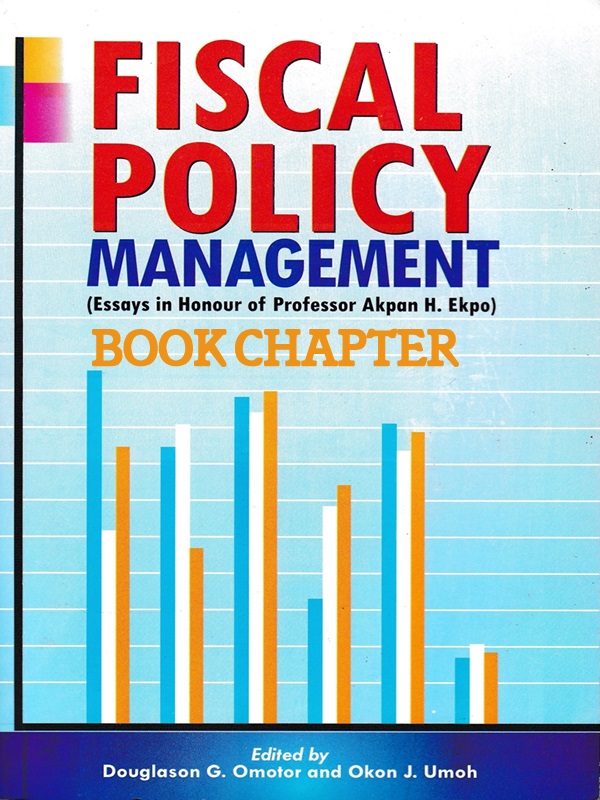CHAPTER 7 – Effects Of Budget Deficit On Selected Macroeconomic Variables: Evidence From Cameroon by Ademofa Ariyo , Joseph Tchokote and Ubong Udonwa
$1.50
Introduction
The interaction between budget deficit and some macroeconomic variables has been on the hot side of debates amongst economists and policy makers over the years. It is a general consensus that huge budget deficit triggers several economic variables among which are Gross Domestic Product (GDP), money supply (MS), exchange rate (EXCR), inflation rate (INFLR) and interest rate (IR). The fiscal operations of many developing economies have been characterized by continual increase in budget deficit and this forms a concern to the Bretton Woods’s institutions and scholars. the history behind budget deficit is often traced back to the Keynesian motivated expenditure led growth theory of the 1930s. In the case of Cameroon, three major shocks accounted for the persistent deficit in the budget. After 1986, the external terms of trade declined by 60% through 1993 as a result of a drop in the price of cocoa, coffee and oil. Second, oil output witnessed long-term decline and lastly the real exchange rate appreciated by 54% from 1986 to 1993.
Questions and Answers
You are not logged in

